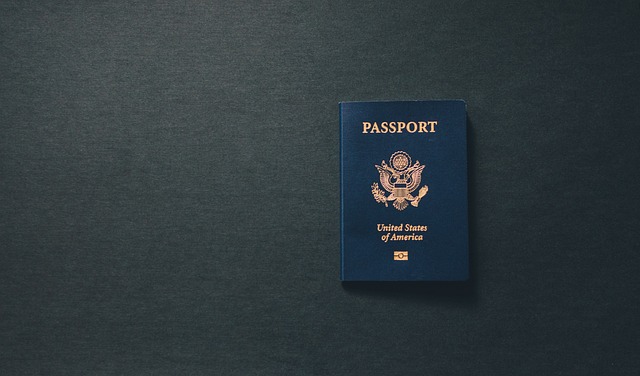Introduction to Asylum Seeker's Rights
Asylum seekers face unique challenges when entering the United States. Understanding their rights during this critical period is essential for ensuring their protection and successful integration into society.
What is Asylum?
Asylum is a form of international protection given to individuals in the United States who have fled persecution in their home country. This persecution can be based on race, religion, nationality, political opinion, or membership in a particular social group.
Rights of Asylum Seekers
Asylum seekers in the U.S. are entitled to specific rights designed to protect them:
- Right to Apply for Asylum: Any individual may apply for asylum regardless of their immigration status.
- Right to Legal Representation: While not provided for free, asylum seekers have the right to seek legal counsel.
- Right to a Hearing: Asylum seekers are entitled to a hearing before an immigration judge to plead their case.
- Protection from Detention: Asylum seekers cannot be detained indefinitely and must be treated humanely during their detention.
Steps to Apply for Asylum
The asylum application process can be complex. Here are the main steps:
- File Your Application: It’s essential to submit your asylum application within one year of arrival in the U.S.
- Attend Your Interview: You will be called for an interview to discuss your application and reasons for seeking asylum.
- Wait for a Decision: After your interview, wait for a decision, which could take several months.
Importance of Understanding Your Rights
Knowing one’s rights is crucial for asylum seekers to navigate the immigration process effectively and protect themselves from potential injustices.
Conclusion
Asylum seekers have vital rights that provide them a framework for protection in the U.S. Understanding these rights can empower them in their quest for safety and security. For more information, please visit USCIS.
By gaining insight into the asylum process and understanding your rights, you will be better equipped to deal with the challenges of seeking refuge in the United States.




